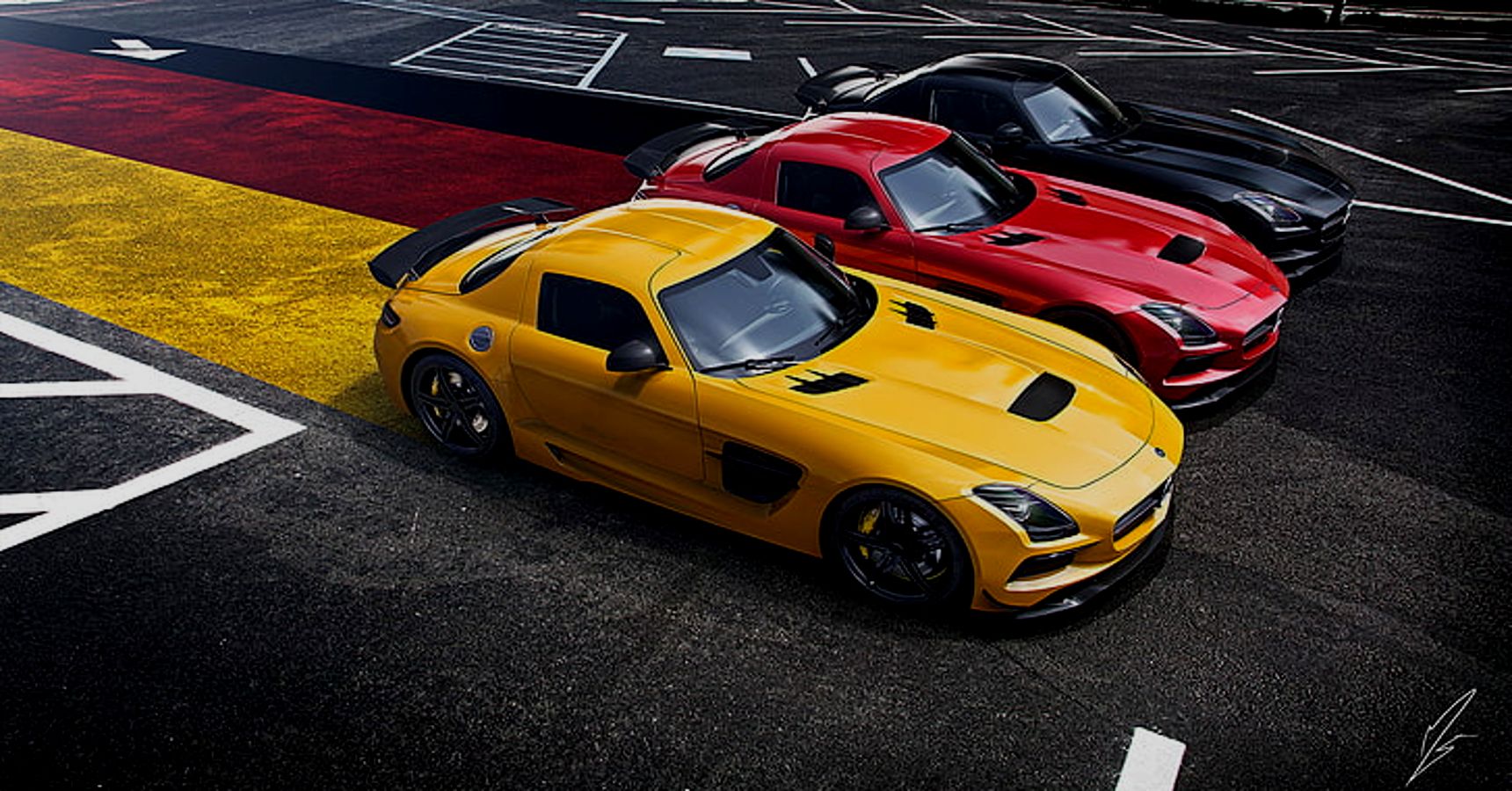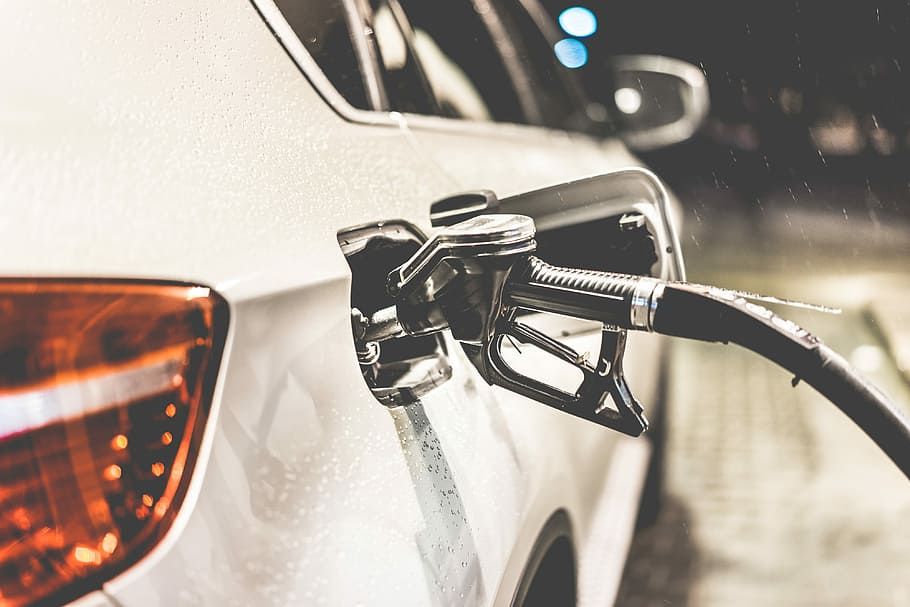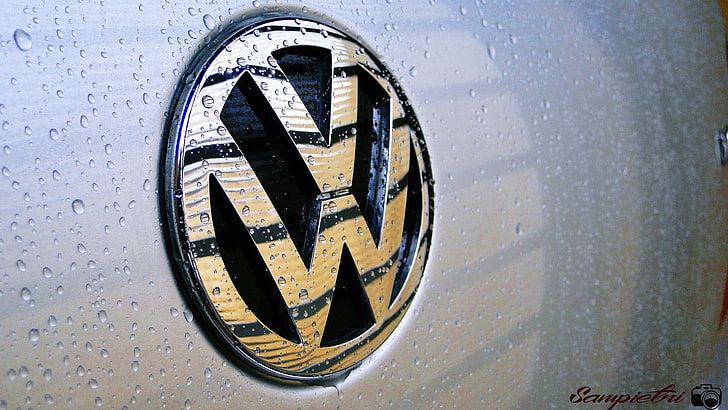We all love the satisfying growl of the engine when we kick-start our cars. The feeling of taking on a new adventure every single day, getting hold of the steering wheel, ready to take over the roads. It's a special feeling for any automobile lover. However, times are changing. Gas-guzzling vehicles have dominated roads for several decades. But that's about to change. Diesel and gasoline cars might soon become a thing of the past. In light of increased pollution and global warming in recent years, many western countries have pledged to phase out these cars in the coming years. And the number keeps increasing every passing day. Among the growing list of these countries is Germany. Germany was a part of many nations that initially came out and said that they intend to impose a ban on new fully fossil-fuelled cars from 2030. But recently, they said "no" to the European Commission's proposal to stop sales of new diesel and gasoline cars from 2035.
Here's why Germany said "no" to the proposal to stop sales of new diesel and gasoline cars from the middle of the next decade.
European Commission's Green Deal To Stop Sales of New Diesel & Gasoline Cars From 2035
On July 14, 2020, European Commission President Ursula von der Leyen made public the European Green Deal at an EU Parliament press conference. The plan was a proposed 55% estimated cut in CO2 emissions from cars by 2030 versus 2021 levels. And eventually, a 100% reduction in CO2 emissions by 2035. The proposed deal meant it would be impossible to sell fossil-fuel-powered vehicles in the 27-country bloc. The deal was inspired by studies that CO2 emissions need to be halved by 2030. The announcement was met with mixed reviews. Many car companies came out and said that they are ready to comply with tougher emission targets if it meant massive investment in charging stations by the countries involved. Thus, began an upward trend in the production of electric vehicles, with countries trying to get the better of each other concerning the ban of fossil-fueled powered cars.
Germany's Stance On The European Green Deal
While it's true that Germany has said no to the European Commission's proposal to stop sales of new diesel and gasoline cars from 2035, it doesn't mean that the EU giants are refusing to comply with the green movement. Germany's Minister of Transport, Volker Wissing announced the country's decision during an informal meeting with ministers from other EU giants in France. Germany believes that it can achieve a reduction in emissions without a complete ban on new diesel and gasoline cars. How? Post-2035, Germany will allow sales of new combustion cars only if the cars can be powered exclusively with synthetic fuels. Volker Wissing emphasized that Germany is sure that this is a solution to ensure that cars are not refueled with fuels derived from fossil fuels. According to reports, he went on to state that the current and future generations cannot solely rely only on electric or hydrogen mobility for the future, and we need to remain technologically neutral. Wissing also emphasized that it should also be considered that, to date, we do not have enough electric vehicles, so we need to scale their availability before committing to absolute numbers. Germany's stance is very straightforward: a hybrid solution. The country believes the future of the automotive industry cannot be just fully electric. And their stance makes sense. Thanks to recent advancements in the automobile world, diesel V6 engines can now run on renewable fuels. Big car brands like Audi are a popular example of this.
The Future of The Automotive Industry
The future of the automotive industry could be on the lines of the model that Germany wants to adopt by 2035. We might be heading towards a generation of ultra-modern hybrids. Synthetic fuel vehicles will play a key part in bringing down carbon emissions. But the rise of EVs will be the real game-changer. Norway has planned on banning new ICE car sales from 2025. As per data, more than half of the cars in Norway are already electrical. And the number is bound to go up in the coming years. Countries like China, the USA, Denmark, Iceland have also adopted a similar model in a bid to reduce carbon levels.
Germany is one of the greatest heavyweights in the automotive market. All the big car brands in Germany are retooling their factories to adapt to the ever-growing demand for EVs, and at the forefront of all the action is Volkswagen. The makeover in the German automotive market will come at a cost. And Volkswagen deserves a lot of credit for being the face of the upcoming revolution in Germany. It's among the top 2 car manufacturers in the world, and it's leading by example. We talked about how the whole movement would require considerable investment, and Volkswagen will be reportedly shelling out more than $80 billion over the next few years to transform itself into an EV manufacturing powerhouse. The future of automobiles is here. And Germany is set to lead the way.




